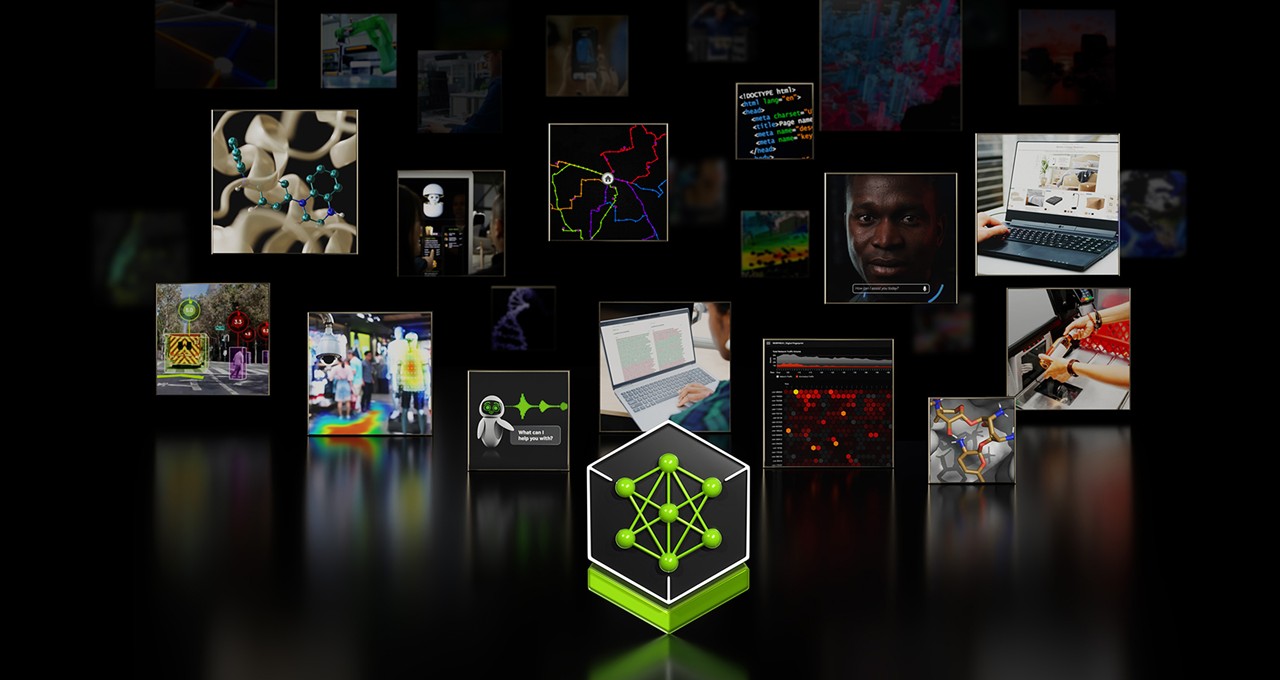
87% of U.S. respondents say they would use an AI agent to navigate public sector processes
Ask any entrepreneur seeking an SBA loan, a senior transitioning to Medicare, or a homeowner seeking a permit: Government interactions can be a challenge to navigate. Nearly half (46%) of Americans find these processes overly complex and a third struggle to understand which public assistance programs are available to them, according to new research from Salesforce.
This confusion comes at a steep cost to programs aimed at serving constituents: The White House estimates $140 billion in benefits go unclaimed each year due to complicated or outdated processes.
Fortunately, the rise of agentic AI presents an opportunity to transform these experiences. A Salesforce survey of 1,000 Americans suggests that a combination of proactive services and AI agents — a type of AI system that can work seamlessly with human teams to understand and respond to constituent inquiries more quickly and 24/7 — could make a massive difference for constituents.
AI agents can serve as digital workforce multipliers that help dedicated public servants do what they do best: serve constituents with expertise and empathy.
Nasi Jazayeri, EVP & General Manager, Public Sector.
“AI agents can serve as digital workforce multipliers that help dedicated public servants do what they do best: serve constituents with expertise and empathy,” said Nasi Jazayeri, EVP & General Manager, Public Sector. “These AI teams can handle routine queries 24/7 and help constituents navigate all the services and assistance that the public sector has to offer, freeing up human workers to focus on complex cases that require judgment, creativity, and personal connection. Together, human expertise and AI can deliver responsive, personalized services for all Americans.”
Americans feel government interactions can be challenging, confusing, and time-consuming
Over one-third of Americans struggle to find and access relevant services — ranging from disaster assistance to neighborhood improvement programs — citing the following as a challenge:
- Interacting with the government when they have questions or need help (46%)
- Finding public services relevant to their individual needs (35%)
- Understanding what public assistance programs are available to them (33%)
One of the biggest barriers to seeking public assistance and services: confusion. Nearly 30% find the process so daunting they don’t even know where to even begin. Forty-one percent of Americans say they’ve missed deadlines due to complicated or confusing government interactions.
Americans’ top request for the public sector: streamline processes and speed up response times. In fact, 73% of Americans wish the government would proactively offer more relevant services. The most important improvements the public sector can make to its service delivery are as follows:
- (1, tied) Reduce number of steps required to address needs
- (1, tied) Speed up response times
- (3) Offer services that better address individuals’ unique needs
- (4) Proactively reach out with relevant info or services
- (5) Offer 24/7 support
Americans eager for technology, including AI agents, to simplify and streamline public sector interactions
The survey reveals that Americans want their government to use technology to save time, match them with relevant programs and services, and anticipate their needs.
- 88% of Americans are interested in being automatically enrolled in government programs they qualify for.
- 88% of Americans are interested in having pre-filled forms for government services.
- 89% of Americans are interested in automatic emergency response coordination.
Americans are also ready to adopt AI agents to enhance government interactions. In fact, 87% of Americans say they would use an AI agent to navigate government processes. Americans are especially drawn to the fact that agents are available 24/7 to provide relevant information and streamline processes.
Round-the-clock, personalized, and efficient AI support could be a significant time-saver. Today, eligible Americans estimate they spent 10 hours applying for financial aid, nine hours enrolling in benefits programs, eight hours applying for licenses or permits, and three hours paying government fees last year. By eliminating confusion and redundancy, AI assistance could recover up to 63% of that time, depending on the activity. Government entities are already making strides: the California Department of Motor Vehicles (DMV) was able to reduce the time needed to apply for a REAL ID from 35 to 7 minutes by leaning on AI and other digital transformation efforts.
However, Americans would want concerns around loss of human connection and output accuracy to be addressed in order to be comfortable with the technology, underscoring the importance of using agents side-by-side with humans to deliver exceptional results.
“Government leaders have a unique opportunity to scale the impact of public sector workers with AI. Civil servants working alongside AI agents can help the government serve the public faster and more effectively than ever before — without removing human connections and oversight. And, partnering with organizations like Salesforce can help government leaders get it right with trusted AI agents that are reliable, secure, compliant, and contextually aware so they can best serve mission needs.”
Go deeper:
- See how the CA Department of Motor Vehicles uses Salesforce to serve more people, faster
- Uncover American attitudes around the agentic AI opportunity for tax filing
- Discover perspectives from the public, civil servants, and IT teams within the public sector organizations in Salesforce’s Connected Government report
- Learn more about Salesforce Public Sector solutions
- Learn more about Salesforce Government Cloud
Methodology
Data from this study are from a double-anonymous survey conducted from November 27 to December 23, 2024. The survey generated 11,500 responses from adults across North America, Latin America, Asia-Pacific, and Europe; 1,000 of these respondents were based in the United States.
Blog Article: Here






